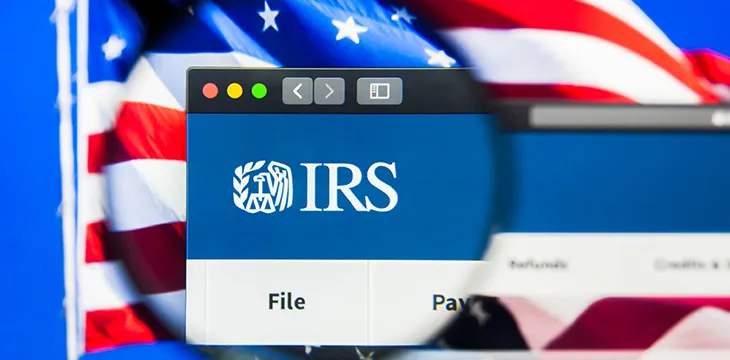|
Getting your Trinity Audio player ready...
|
The U.S. Internal Revenue Service (IRS), the agency responsible for collecting federal taxes in the country, is tackling cryptocurrency. It has already ruled that digital currencies are a form of property and last week set in place how earnings on any gains from hard forks should be classified. The agency has made another move and it seems that things are getting more serious.
According to an article by Kelly Phillips Erb on Forbes, on a form that is used in conjunction with the most commonly used tax filing form in the U.S., Form 1040, taxpayers could now see an entry asking if they have any financial interest in digital currencies. It comes in the form of a checkbox on the 2019 Form 1040, Schedule 1, Additional Income and Adjustments to Income, and specifically asks, “At any time during 2019, did you receive, sell, send, exchange or otherwise acquire any financial interest in any virtual currency?“
This is only a draft change—it hasn’t yet been cast in stone. The IRS explains of the change, “Taxpayers who file Schedule 1 to report income or adjustments to income that can’t be entered directly on Form 1040 should check the appropriate box to answer the virtual currency question. Taxpayers do not need to file Schedule 1 if their answer to this question is NO and they do not have to file Schedule 1 for any other purpose.”
However, there is apparently some room for the IRS to improve its crypto discovery activity. The question appears on the Schedule I form, but not all taxpayers have to use the form—they may not even realize they should use it just for this single question when no other questions on the form have been applicable in the past.
This won’t be enough to excuse taxpayers from their obligations, though. As Erb explains, “The checkbox is ostensibly on the form to remind taxpayers to report their cryptocurrency transactions. But those tax professionals like me who have seen the response to the checkbox on Schedule B know that this is also an easy way to hold those who don’t check the box—even by accident—accountable. The IRS can and has taken the position that willfully failing to check the box related to offshores interests can form the basis for criminal prosecution.”
The agency might have already realized that it needs to fine-tune the process. It has launched a comment period that began last Friday and which will run for 30 days. Sending comments doesn’t mean that the tax authority will change its mind, but at least it will take a look at what taxpayers have to say on the subject.

 07-15-2025
07-15-2025 





